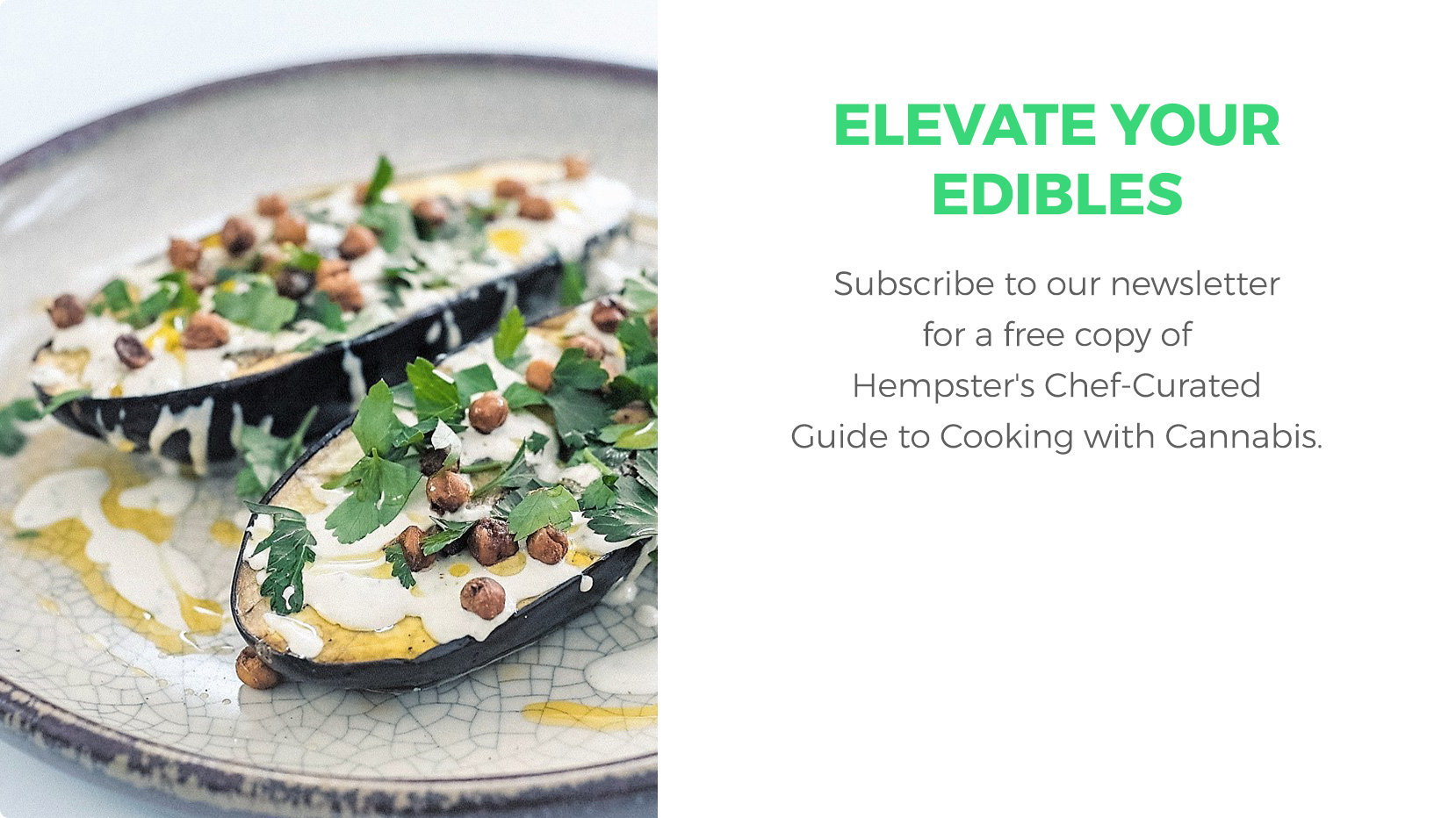How Cannabis Can Ease Chronic Bladder Pain
If you’ve ever had a urinary tract infection, or UTI, then you understand the pain of interstitial cystitis (IC), a bladder condition marked by urinary urgency, frequency and pelvic pain. But unlike a UTI, which can be cured with antibiotics, interstitial cystitis has no cure, and the millions of (mainly) women who suffer from it are, for the most part, left to deal with the condition on their own.
I know this because I’m one of those women, and my journey with IC, also known as painful bladder syndrome, has been a textbook case of mystery and misdiagnosis.
It started over a decade ago with a urinary tract infection that just wouldn’t go away. For nearly a year, I was in and out of walk-in-clinics and off-and-on antibiotics, but no matter how many prescriptions I downed, the pain, urgency and frequency always returned.
Mysteriously, every time my urine was tested for bacteria – the tell-tale sign of a UTI – it came back clean. Meanwhile, I was getting out of bed to pee constantly, sometimes 20 times a night.
Sometimes I go months without symptoms, and sometimes I find myself in a ‘flare’ that ends in the emergency room, with internal bleeding and swollen kidneys, but still no infection. Why?
No one’s really sure – not my family doctor, not my urologist, and not my rheumatologist, physiatrist, naturopath, physiotherapist, or the numerous other experts I’ve consulted for this, and potentially related conditions. That’s just how it is.
Interstitial cystitis is a diagnosis of exclusion, meaning it’s only given after other potential causes – like a UTI, bladder cancer, kidney stones, endometriosis or a sexually transmitted infection – have been ruled out. There’s only one ‘clincher’, the presence of either glomerulations (superficial hemorrhages) or of Hunner’s ulcers (distinctive patches of inflammation) on the bladder wall. I have Hunner’s ulcers, but more than 90 per cent of diagnosed IC patients don’t express either of these so-called classic IC signs.
It’s also possible that IC is not one condition, but a related set of symptoms with a variety of causes. Researchers aren’t even sure what kind of condition it is, but they have a few guesses: the top contenders are that it’s a neurological condition, an autoimmune attack or a reaction to toxic substances or bacteria that haven’t been identified yet, or aren’t picked up by current tests.
What I do know is this: I’m not uncommon. The Interstitial Cystitis Association reports that three to eight million American women and one to four million American men may have IC. They don’t provide Canadian stats, we can guess that the numbers are similar here, affecting up to six per cent of women and almost one per cent of men.
Often IC patients experience other conditions concurrently, most commonly fibromyalgia, irritable bowel syndrome, allergies and food intolerances, celiac disease, chronic fatigue, lupus, pelvic floor dysfunction, vulvodynia and endometriosis.
Without knowing the exact cause of the condition, it’s hard for doctors to know how to treat it, and every patient responds uniquely to different methods. Classic therapies include dietary modifications, pelvic floor physiotherapy, bladder retraining, antihistamines, antidepressants, antispasmodics and analgesics. Some patients may opt to receive medications directly into the bladder via catheter.
For me, the best treatments so far have been strict dietary modifications and cannabis. The last was a bit of a surprise. I’ve always liked cannabis, and although getting high on weekends was a pleasant distraction from my pain, I never saw it as a practical way to deal with a chronic condition, mainly because I didn’t want to be high every day. It wasn’t until I started taking a regular dose of non-psychoactive CBD oil, which I’d been prescribed for another condition, that I experienced a wonderful side effect – my first extended remission from IC. That prescription helped so much, I switched careers – now I spend my days exploring why cannabis so many conditions, and sharing those stories here.
There are clinical explanations for my positive experience with cannabis, and researchers are just starting to tease them out. One promising finding shows that like other organs, the bladder walls are lined with cannabinoid receptors, the “locks” that allow cannabinoids, or the “keys” to turn.
Cannabis extracts have been shown to help multiple sclerosis patients suffering from incontinence, while more recent studies suggest that the endocannabinoid system – composed of the bodily receptors that process cannabinoids – “is implicated in many gastrointestinal and urinary physiological and pathophysiological processes, including epithelial cell growth, inflammation, analgesia, and motor function.”
The same study goes on to say that modulating the endocannabinoid system might help patients with a range of gastrointestinal and bladder conditions. Its authors write that any drug that can inhibit endocannabinoid system degradation or raise the body’s levels of endocannabinoids -which CBD does – “are promising candidates for gastrointestinal and urinary diseases.”
Early research is promising, but there isn’t enough yet to form a full picture. I’d like to better understand why cannabis seems to reduce my flares, but for now, I know it’s helping, and that’s enough.
Personal anecdotes are no match for peer-reviewed studies, but the fact is there’s still a lot we don’t know about IC. In that respect, it’s not that different from the many painful conditions – largely suffered by women – we know little about, such as fibromyalgia, or endometriosis.
I look forward to increasing research that can explain why I experience pain, and why cannabis helps it. But until that day, I get a certain philosophical satisfaction from the fact that a drug we don’t know that much about seems to help so many conditions we don’t know much about either, including IC.
Interested in exploring medical cannabis for bladder pain or other conditions? Natural Care offers free prescription consultations, personalized medical cannabis plans and ongoing support from nurses and cannabis educators. Call 1-888-671-8022 or book your free consultation online.

